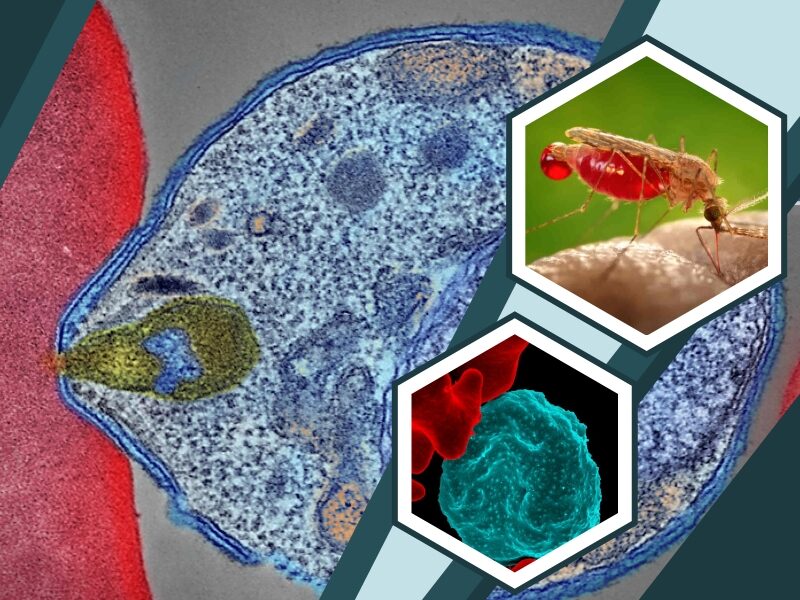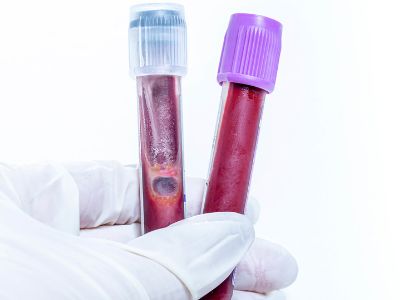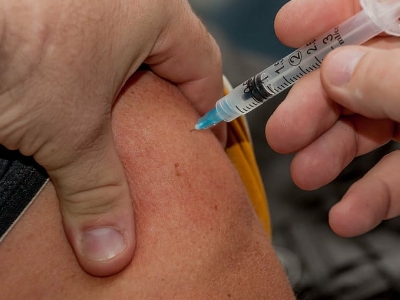Malaria: Symptoms, Causes, and Treatment

What Is Malaria?
Malaria is a disease caused by a parasite that is spread to humans through the bites of infected mosquitoes. People who have this disease usually feel very sick with a high fever and shaking chills. This disease is uncommon in temperate climates, but it is still common in tropical and subtropical countries.
Signs and Symptoms of Malaria
Some people who have malaria experience cycles of attacks that you usually start with shivering and chills, followed by a high fever, followed by sweating, and a return to normal temperature. Symptoms include:
- A general feeling of discomfort
- Headache
- Fatigue
- Muscle or joint pain
- Rapid breathing
- Rapid heart rate
- Cough
- Diarrhea
- Fever
- Chills
- Nausea and vomiting
- Abdominal pain
What Are the Causes of Malaria?
It is caused by a single-celled parasite of the genus Plasmodium. The parasite is transmitted to humans most usually through mosquito bites.
Here’s the transmission cycle:
- Uninfected mosquito. A mosquito becomes infected by feeding on a person who has malaria.
- Transmission of a parasite. If this mosquito bites you in the future, it can transmit malaria parasites to you.
- In the liver. When the parasites enter your body, they travel to your liver where some types can lie undeveloped for as long as a year.
- Into the bloodstream. Once the parasites mature, they leave the liver and infect your red blood cells. This is the time when people typically develop malaria symptoms.
- On the other person. If an uninfected mosquito bites you at this point in the cycle, it will become infected with the parasites in your and can possibly spread them to other people through bites.
Who Are at Risk of Malaria?
Anyone can get malaria, but people who live in Africa have a higher risk of infection than others. There is an increased risk of malaria mortality among young children, the elderly, and pregnant women. The disease is more likely to cause complications in poor people with no access to healthcare. More than 90% of deaths occur in Africa, and almost all of them are children under the age of five.

How Is Malaria Diagnosed?
Your doctor will review your medical history and recent travel, as well as your symptoms. Blood testing is the main diagnostic method to determine the condition. Blood tests can indicate:
- The presence of the parasite in the blood
- The type of parasite that is causing your symptoms
- A parasite resistant to certain drugs
- Whether the disease is causing any serious complications
Treatment and Management of Malaria
This condition is treated with prescription medications that aim to kill the parasite. The length of the treatment period varies on the type of the parasite, the severity of symptoms, and age. In some cases, prescription drugs may not clear the condition due to the resistance of parasites to certain medications. If this happens, your medical provider will recommend other treatments or change the medications to successfully treat your condition.
Medication Used for Malaria
Chloroquine. It is the preferred treatment for any parasite that is sensitive to the drug. But in many parts of the world, parasites are resistant to chloroquine, and the drug is no longer an effective treatment. Follow your doctor’s recommendation for successful treatment.

How to Prevent Malaria?
If you go somewhere or are traveling to an area where this disease is common, take steps to avoid mosquito bites. Mosquitoes are most active between dusk and dawn. To protect yourself from mosquito bites, you should:
- Get Vaccinated. The World Health Organization has recommended vaccines for use in children who live in countries with high numbers of cases.
- Cover your skin. Wear pants and long-sleeved shirts. Tuck in your shirt, and tuck your pant legs into socks, To avoid mosquito bites.
- Apply insect repellent to the skin. Use an insect repellent registered with the Environmental Protection Agency on any exposed skin.
- Sleep under a net. Bed nets can protect you from mosquito bites while you are sleeping.
- Apply repellent to clothing. Sprays containing permethrin are safe to apply to clothing.



